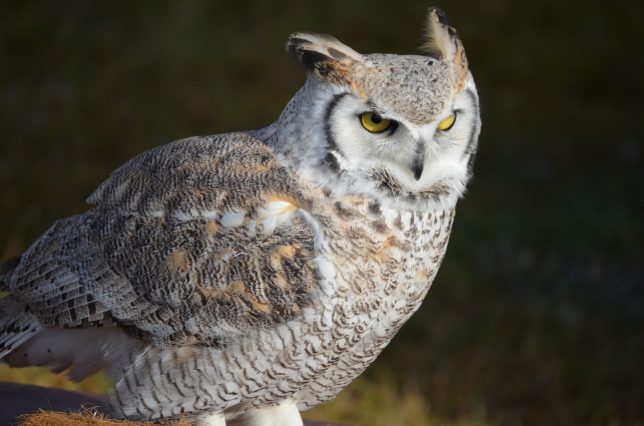
Knowledge is knowing a tomato is a fruit. Wisdom is not putting it in a fruit salad.
—Miles Kington
Would you describe yourself as wise? Most people wouldn’t, aside from the occasional moment of insight, typically recognized retrospectively. Wise people I’ve known have had considerable life experience, including difficult times. They are resilient—having come out the other side of life’s trials stronger. They see the bigger picture and appreciate and seek the experience and ideas of others. Wise people are good listeners and seem to have an open mind and a willingness to consider possibilities.
The Free Dictionary provides the following (selected) definitions of “wisdom.”
The ability to discern or judge what is true, right, or lasting; insight
Common sense; good judgment
The ability or result of an ability to think and act utilizing knowledge, experience, understanding, common sense, and insight
Accumulated knowledge, erudition, or enlightenment
Scholarly knowledge or learning
Deep, thorough, or mature understanding
The ability to make sensible decisions
Thinking and knowledge are essential to wisdom but recent research indicates that the way we view an issue or problem is also key. Researchers describe “general wisdom” and “personal wisdom.” General wisdom is an understanding about events and the world at large. It enables us to offer general advice. Personal wisdom, according to wisdom researcher Ursula M. Staudinger in The New York Times, involves five elements: “…self-insight; the ability to demonstrate personal growth; self-awareness in terms of your historical era and your family history; understanding that priorities and values, including your own, are not absolute; and an awareness of life’s ambiguities. … True wisdom involves recognizing the negative both within and outside ourselves and trying to learn from it.”
Researcher Igor Grossman at the University of Waterloo has discovered evidence that there are more benefits to wisdom than we might think. Grossman found that wise people may live longer and enjoy an improved sense of well-being as they age. Grossman’s team note that wisdom is not a constant trait but depends on the situation. For example, we exhibit greater wisdom when we’re with friends, including seeing the bigger picture, viewing issues from alternate perspectives and recognizing the limits of our own knowledge. In addition, it seems that we are wiser about scenarios involving other people than we are about our own situations. To take advantage of these findings, Grossman experimented with strategies to change perspective. He found that we can increase wise thinking by applying a bird’s eye view or by talking to ourselves in the third person—asking ourselves for advice.
Delores Pushkar and her research team at Concordia University report that wisdom includes “knowledge, deep understanding of human nature, life contentment, empathy and the flexibility to see issues from others’ perspectives.” Wisdom is not connected to age or gender but is marked by an ability to “see the positive side of a negative situation,” notes team member Sarah Etezadi.
Psychologist Daniel Goleman describes wise people as “having a very wide horizon which doesn’t centre on ourselves.” He points out that “generativity” is an important sign of wisdom, appearing as giving back, whether creatively, socially, personally or financially and without a need or expectation of receiving something in return.
Wisdom is complex, variable and dependent on the individual, situation and circumstances. Long-held attitudes and beliefs about wisdom are often inaccurate according to researchers. How does wisdom manifest in your life and interact or depend on thinking and knowledge? Do you seek out people you consider wise? How do you know that they possess wisdom? How do they increase your wisdom?